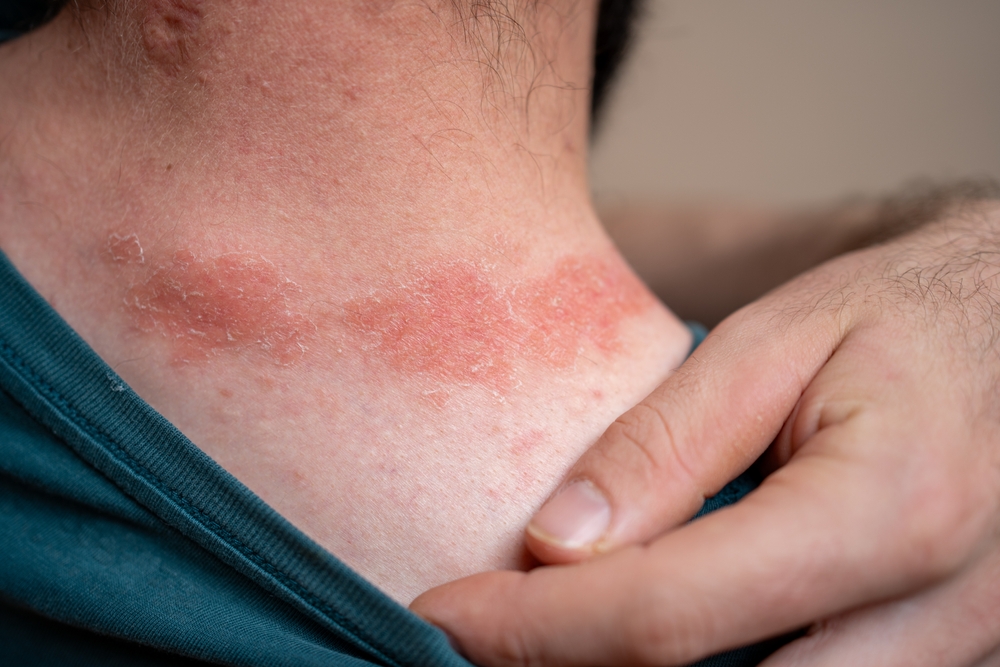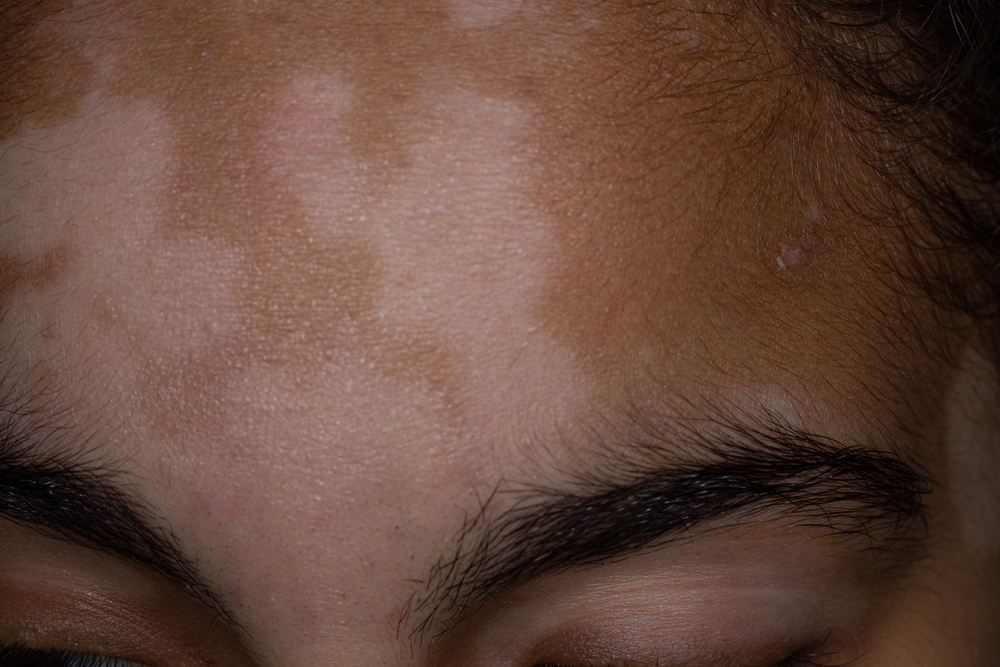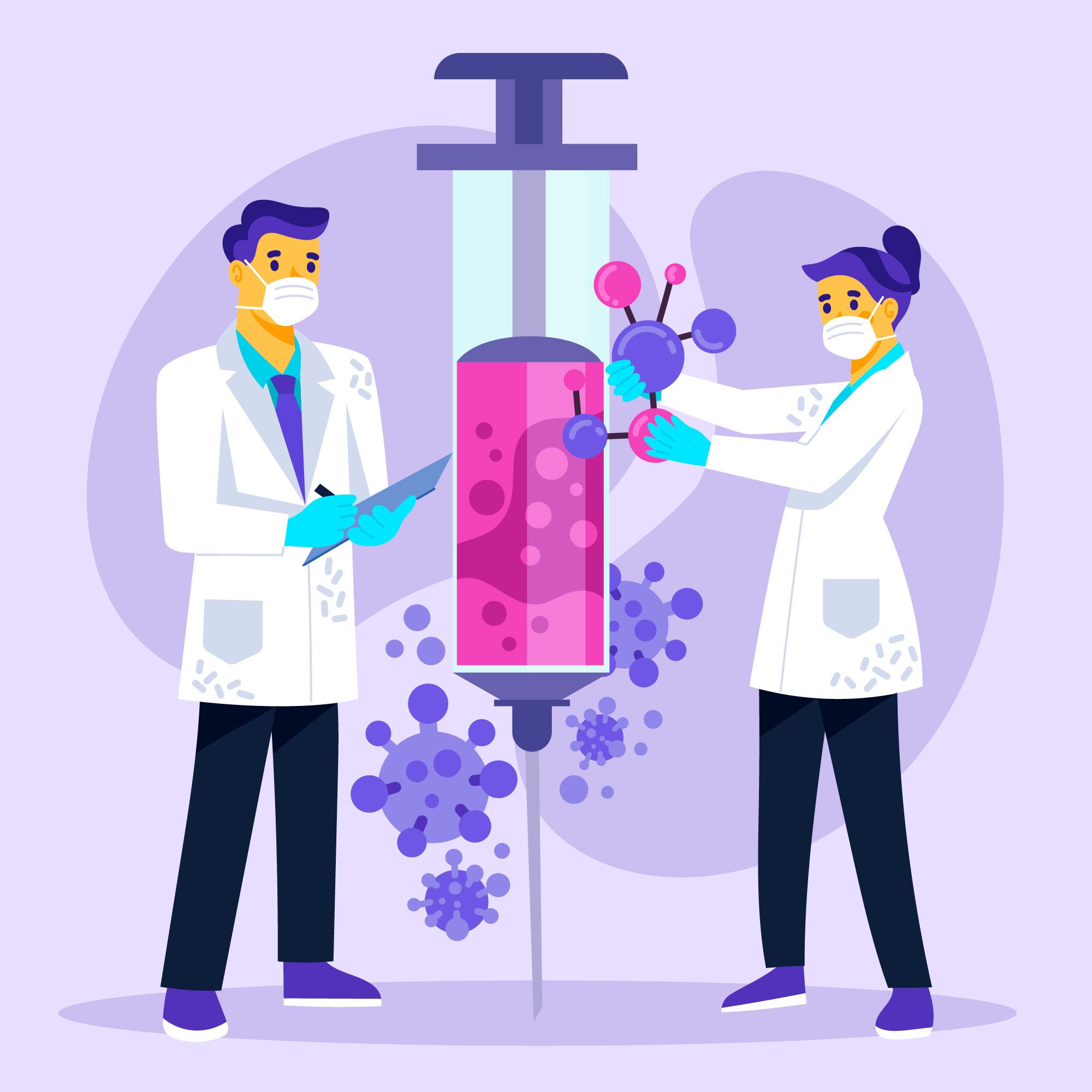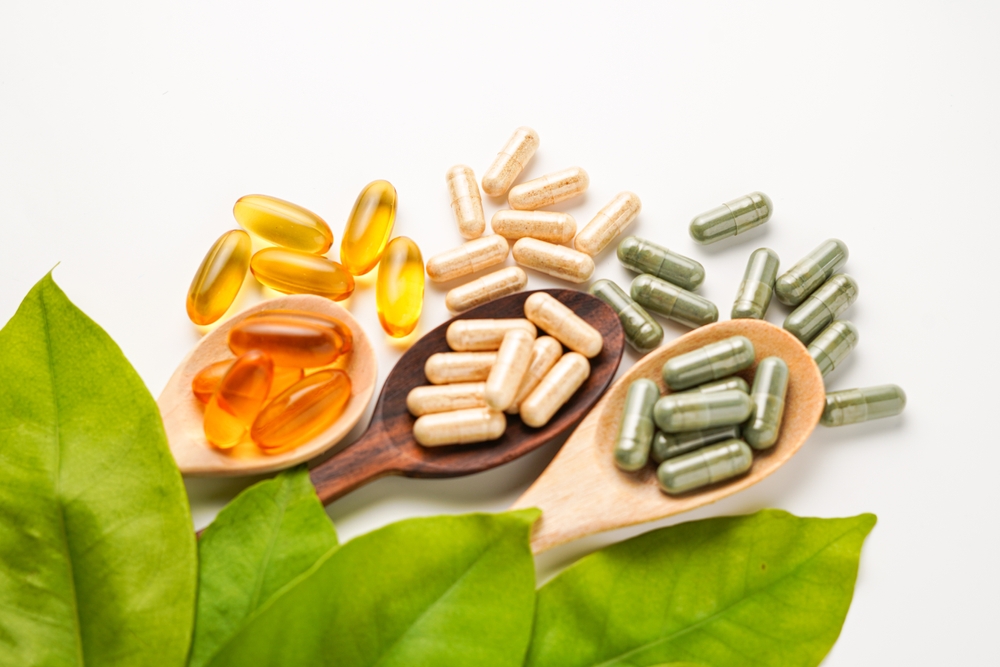Psoriasis Triggers You Didn’t Know About: Unexpected Causes of Flares

Strong 8k brings an ultra-HD IPTV experience to your living room and your pocket.
If you have psoriasis, you’re probably familiar with common triggers like stress, cold weather, and infections. But what if your flare-ups are being caused by things you never even considered?
Psoriasis is an autoimmune condition that causes inflammation, leading to red, scaly patches on the skin. While genetics and immune system dysfunction play a role, external factors can significantly impact flare frequency and severity.
Surprisingly, everyday habits, environmental changes, and even certain foods could be making your symptoms worse. Identifying these lesser-known triggers can help you manage your condition more effectively.
Plus, if you’re struggling to find relief, a treatment option through psoriasis clinical trials may offer new possibilities. Let’s explore some unexpected causes of psoriasis flares and how to minimize their impact.
Can Your Everyday Routine Trigger Psoriasis?
You might not think much about your daily habits, but some of them could be quietly aggravating your psoriasis.
- Irregular Sleep Patterns – Poor sleep quality can increase inflammation in the body, making psoriasis worse. If you're consistently sleep-deprived, your skin may show the effects.
- Dehydration – Not drinking enough water can lead to dry skin, making existing plaques itchier and more irritated.
- Harsh Shower Habits – Long, hot showers may feel relaxing, but they strip the skin of essential oils, causing increased dryness and irritation.
Another overlooked factor? Inconsistent skincare. If you frequently switch products or skip moisturizing, your skin may react unpredictably.
What You Can Do: Try to maintain a consistent sleep schedule, drink plenty of water, and use lukewarm water when bathing. A simple, fragrance-free moisturizer can also make a huge difference in preventing flare-ups.
And if your routine seems fine, could external factors—like the weather—be affecting your skin? Let’s find out.
The Impact of Weather and Environmental Changes
You probably expect winter to make psoriasis worse, but what about other environmental changes?
- Sudden Temperature Shifts – Rapid transitions from hot to cold (or vice versa) can shock your skin, leading to increased dryness and irritation.
- Humidity Levels – Dry air (whether from winter or air conditioning) pulls moisture from the skin, while excessive humidity can cause sweating, potentially irritating sensitive areas.
- Air Pollution and Allergens – Exposure to pollutants and seasonal allergens may overstimulate your immune system, triggering flares.
Even a fun beach day can be problematic—salt water may help some people, but excessive sun exposure can lead to sunburn, which can cause the Koebner phenomenon (where psoriasis appears in areas of skin injury).
What You Can Do: Protect your skin with breathable clothing, adjust your indoor humidity, and use gentle sunscreen when spending time outdoors.
That’s how the environment plays a role, but what about what you’re eating?
Could Your Diet Be Making Psoriasis Worse?
Diet doesn’t cause psoriasis, but certain foods can increase inflammation, making symptoms worse.
- Processed and Sugary Foods – High sugar intake can spike inflammation, worsen flare-ups.
- Dairy and Red Meat – Some people find that dairy and fatty meats lead to increased symptoms due to their inflammatory properties.
- Alcohol – Alcohol affects the immune system and can trigger psoriasis flares in some individuals.
A lesser-known factor? Gut health. There’s growing evidence that an unhealthy gut microbiome may contribute to psoriasis severity. Imbalanced gut bacteria can lead to systemic inflammation, potentially worsening symptoms.
What You Can Do: Keeping a food journal can help you track whether certain foods make your psoriasis worse. Some people benefit from anti-inflammatory diets, rich in fruits, vegetables, and omega-3 fatty acids.
Now, let’s talk about something you use every day—your skincare and personal care products.
Surprising Effects of Skincare and Personal Care Products
It’s easy to assume that skincare products designed for dry or sensitive skin are safe for psoriasis. But sometimes, they do more harm than good.
- Fragrances and Preservatives – Many lotions, soaps, and shampoos contain artificial fragrances and preservatives, which can irritate psoriasis-prone skin.
- Harsh Exfoliants – Scrubbing too hard or using strong exfoliants can trigger the Koebner phenomenon, making psoriasis worse.
- Alcohol-Based Products – Many toners and astringents contain alcohol, which can dry out the skin and worsen flares.
Even some “natural” products aren’t always safe. Essential oils, while popular, can sometimes be irritating.
What You Can Do: Choose fragrance-free, hypoallergenic products and do patch tests before trying something new. Look for gentle, moisturizing ingredients like ceramides, aloe vera, and shea butter.
Now, let’s shift to another hidden trigger—stress.
The Link Between Stress and Unexpected Psoriasis Flares
Stress is a well-known trigger, but sometimes it’s the hidden stressors that cause trouble.
- Chronic Sleep Deprivation – Even if you don’t feel stressed, lack of sleep can put your body into a state of prolonged stress, worsening psoriasis.
- Emotional Suppression – Bottling up emotions (instead of addressing them) can contribute to inflammation.
- Overcommitment – Taking on too much—whether at work or in personal life—can lead to unnoticed chronic stress.
What You Can Do: Finding ways to manage stress, like meditation, gentle exercise, or therapy, can help reduce flare-ups. Even something as simple as taking regular breaks throughout the day can make a difference.
What about medications, though? Some treatments might be working against your psoriasis.
Can Your Medications Be Contributing to Flares?
Certain prescription and over-the-counter drugs can trigger psoriasis flares, even if they’re meant for unrelated conditions.
Beta-blockers (used for high blood pressure)
NSAIDs (like ibuprofen)
Antimalarial drugs
Lithium (used for mental health conditions)
These medications can interfere with immune function, leading to unexpected flare-ups.
What You Can Do: If you suspect a medication is worsening your psoriasis, speak to your doctor about alternatives. Never stop medication without consulting a healthcare provider.
Even mild infections can also be a hidden trigger.
Hidden Infections and Their Role in Psoriasis Flares
Did you know that even minor infections can make psoriasis worse?
- Strep Throat – This infection is linked to guttate psoriasis, but it can also trigger flares in other types.
- Yeast Infections – Fungal infections may contribute to inflammation, especially in areas prone to inverse psoriasis.
- Common Colds and Flu – Any illness that activates your immune system can potentially trigger a flare.
What You Can Do: Boost your immune health by practicing good hygiene, staying hydrated, and getting enough rest. If you suspect an infection, seek medical advice early.
Now, let’s wrap up with some key takeaways.
Conclusion
Psoriasis triggers aren’t always obvious. Some surprising factors that could contribute to flares include:
- Daily habits like poor sleep and dehydration
- Weather changes, pollution, and allergens
- Certain foods that increase inflammation
- Skincare products with harsh ingredients
- Stress—especially the kind you don’t notice
- Medications and hidden infections
Being aware of these triggers can help you manage symptoms more effectively. If you're looking for advanced solutions, a treatment option through psoriasis clinical trials might offer new possibilities.
Still struggling to control flare-ups? It’s essential to track your symptoms, adjust your lifestyle, and consult a healthcare provider. Understanding the causes of erythrodermic psoriasis and other severe forms can also help guide your treatment journey.
Ready to take control of your psoriasis? Start making small changes today!
Note: IndiBlogHub features both user-submitted and editorial content. We do not verify third-party contributions. Read our Disclaimer and Privacy Policyfor details.






